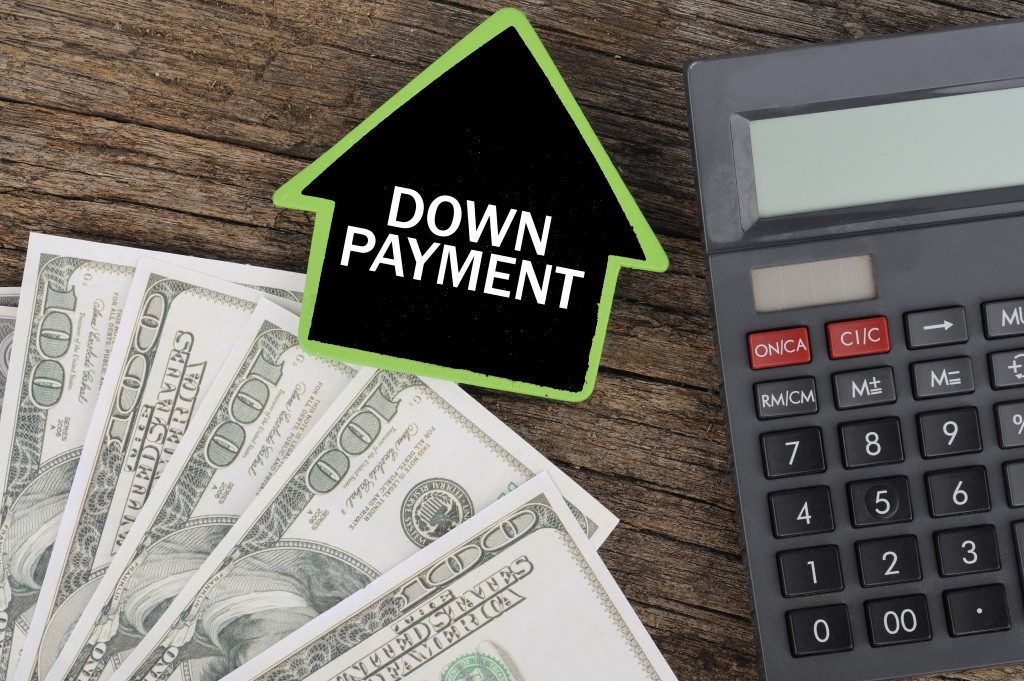In 2008, more than 800,000 American families, including Connecticuters, lost their homes during the housing crisis. Compared to 2006 numbers, the foreclosure filings in 2008 increased by 225%.
Although many point fingers to unscrupulous bankers, they’re not the only ones at fault. It takes two to make a bad deal. The homeowners whose mortgages went underwater at the time probably didn’t exercise due diligence to begin with.
To avoid losing your home in case the housing market crashes in the future, any honest mortgage lender in Guilford would recommend using these tips:
Think About Where You’ll Be in Five Years
Be as concerned about the future as you are about the present. A mortgage is a decades-long obligation that can affect your budget on a monthly basis. Your decision now can affect your financial situation down the road.
A good place to start is to think about your life five years from the day you obtain a mortgage. Do you see yourself residing in the same house or moving to a different location? Do you believe your income will be much higher or go down?
These questions can help you choose the right mortgage for the right house. You can only afford to be a homeowner with a reliable capacity to repay your mortgage and maintain your property for the years to come.
Keep Your Debt-to-Income Ratio to a Minimal

A low DTI ratio is a linchpin of your mortgage rate negotiation. It refers to the percentage of your gross monthly income that goes towards your debts.
A lender will analyze your regular expenses to determine if you still have enough room to accommodate a mortgage payment. The front-end DTI ratio is a calculation that excludes all liabilities except for loan-related regular expenses.
To determine your front-end DTI ratio, add your perceived monthly housing costs (principal, interest, private mortgage insurance, and tax) and then divided the sum by your gross monthly income. Multiply the quotient by 100 to reveal your front-end DTI ratio.
Normally, the highest front-end DTI ratio a lender is willing to take is 28%. If yours is above that, you have to either borrow less or buy a less expensive house, or you may convince a lender to a deal by eliminating your other debts.
Pay a Large Down Payment
Ideally, you should put pay one-fifth of the property’s total cost up front. If can’t put down 20%, don’t settle with your lender’s minimum down payment requirement.
Paying a huge down payment accomplishes many things. First, it allows you to build a lot of equity on your property immediately. Second, it reduces the time you need to pay for private mortgage insurance. Third, it helps you negotiate for a lower interest rate.
Have Abundant Cash Reserves
Don’t go broke just to be a homeowner. Make sure you have at least three months’ worth of income in your bank account to maintain your mortgage repayment and sustain a decent lifestyle in case you become jobless. A foreclosure usually happens because a homeowner loses a source of income unprepared.
If there’s any silver lining to the last housing crisis, it’s the chance to learn from the long list of mistakes other homeowners did. A mistake that you repeat becomes a decision, so be wise with your mortgage application.